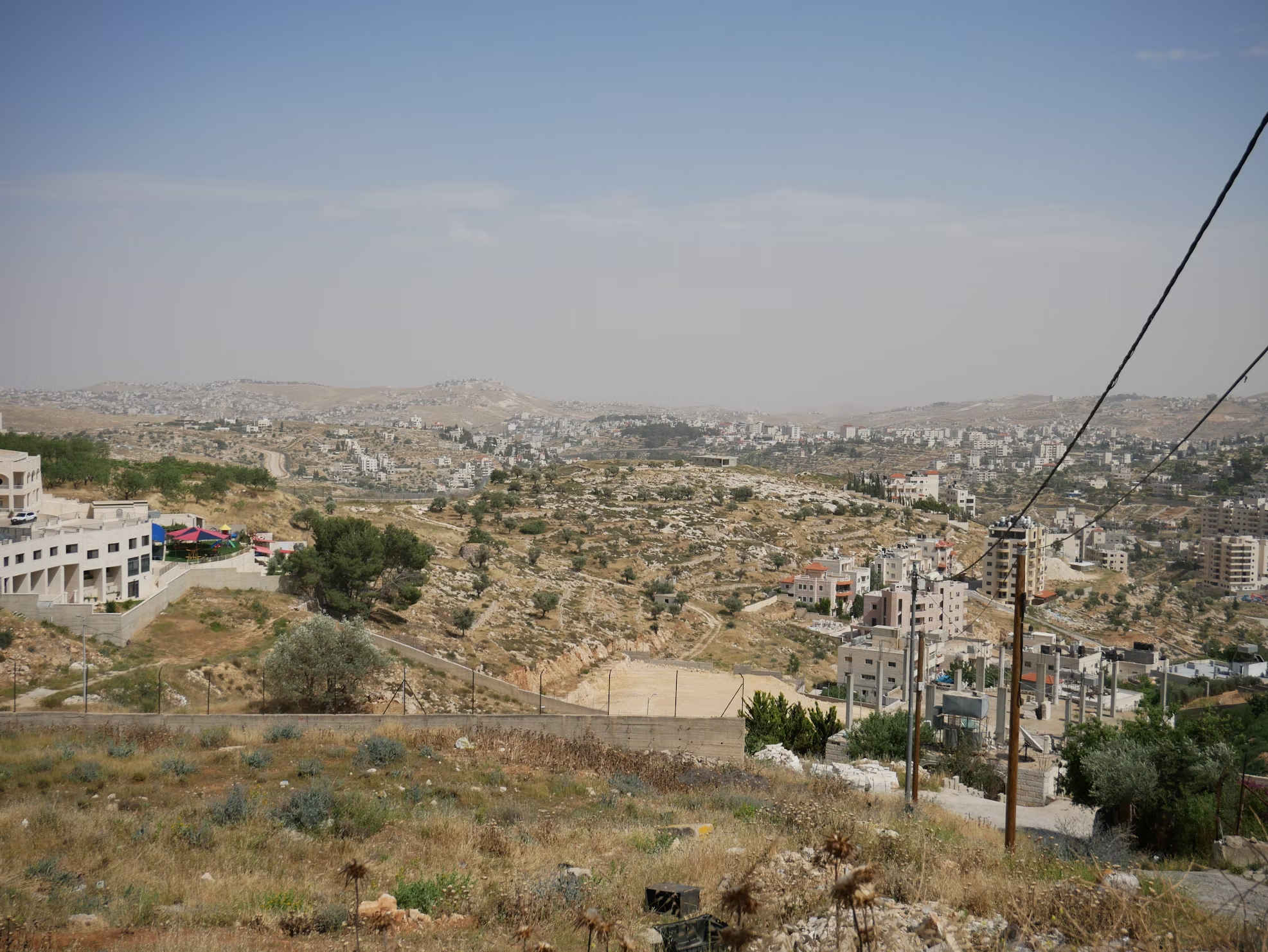
The first hostages will be freed on Sunday after Benjamin Netanyahu’s cabinet holds a full vote.
Israeli Prime Minister Benjamin Netanyahu’s security cabinet has approved a ceasefire and hostage release deal with Hamas, paving the way for a full cabinet vote later on Friday. The ceasefire is expected to come into effect on Sunday.
Under a deal signed on Wednesday, Israel and the Palestinian militant group Hamas agreed to end their 15-month conflict in Gaza, which has claimed the lives of over 1,100 Israelis and 46,000 Palestinians. The deal, which was mediated by Qatar, Egypt, and the US, is split into three phases. During the first phase, which is to last 42 days, Hamas said that it expects to release 33 hostages, including children, female soldiers, wounded and sick, in exchange for an unspecified number of Palestinian prisoners in Israeli jails.
“Following an evaluation of all diplomatic, security and humanitarian aspects, and while understanding that the proposed deal supports the achievement of the objectives of the war, the Security Cabinet has recommended that the Government approve the proposed framework,” Netanyahu’s office said in a statement immediately after the vote.
The statement did not say how each member of the 11-member security cabinet voted.
With the security cabinet in agreement, the deal will immediately be voted on by Netanyahu’s full cabinet of ministers. The full cabinet vote was initially scheduled for Saturday, but was pushed forward to Friday, before the beginning of Shabbat.
National Security Minister Itamar Ben-Gvir has threatened to pull his hardline Jewish Power party from Netanyahu’s coalition government if the deal is approved, as has Finance Minister Bezalel Smotrich’s Religious Zionism party. However, both parties are minor players in the government, and the ceasefire is expected to pass the cabinet vote.
Hamas will release the first Israeli hostages on Sunday, Netanyahu’s office said in a statement earlier on Friday.
Image credit: Natacha de Hepcee
Ceasefire Deal approved…while still bombing non-combatant men, women and children in Gaza, Lebanon and Syria…
They have and will never respect any cease fire. Their promises are worthless. They asked for a cease fire because they are in great difficulty themselves and need a time of respite. This is confirmed by jacques Baud
Despicable and dishonorable people. They can only destroy.
History does not encourage optimism:
“[July 2014] Visualizing Palestine’s first ‘data sketch’ graphic charts the routine violations of the last Egyptian-brokered ceasefire from 22 November 2012 til 7 July 2014. While both the Israeli military and Palestinian factions violated the terms of the ceasefire, a close examination shows that Israeli violations were more frequent and far more deadly. Out of Israel’s 191 violations, 10% resulted in death and 42% in injuries or detentions; while out of the 75 Palestinian violations, just 4% resulted in injuries and none in death.”
https://visualizingpalestine.org/visual/gaza-ceasefire-violations/
Unfortunately I cannot now find a much more detailed report by an independent NGO that found that 97% of ceasefires lasting 10 days or more were broken by Israel. Will keep looking and post it if found.
Found it:
“Reigniting Violence: How Do Ceasefires End?
79% of all conflict pauses were interrupted when Israel killed a Palestinian, while only 8% were interrupted by Palestinian attacks (the remaining 13% were interrupted by both sides on the same day).
By Nancy Kanwisher, Walter A. Rosenblith Professor of Cognitive Neuroscience
“As shown in Figure 2, this analysis shows that it is overwhelmingly Israel that kills first after a pause in the conflict: 79% of all conflict pauses were interrupted when Israel killed a Palestinian, while only 8% were interrupted by Palestinian attacks (the remaining 13% were interrupted by both sides on the same day). In addition, we found that this pattern — in which Israel is more likely than Palestine to kill first after a conflict pause — becomes more pronounced for longer conflict pauses. Indeed, of the 25 periods of nonviolence lasting longer than a week, Israel unilaterally interrupted 24, or 96%, and it unilaterally interrupted 100% of the 14 periods of nonviolence lasting longer than 9 days.”
https://www.huffpost.com/entry/reigniting-violence-how-d_b_155611